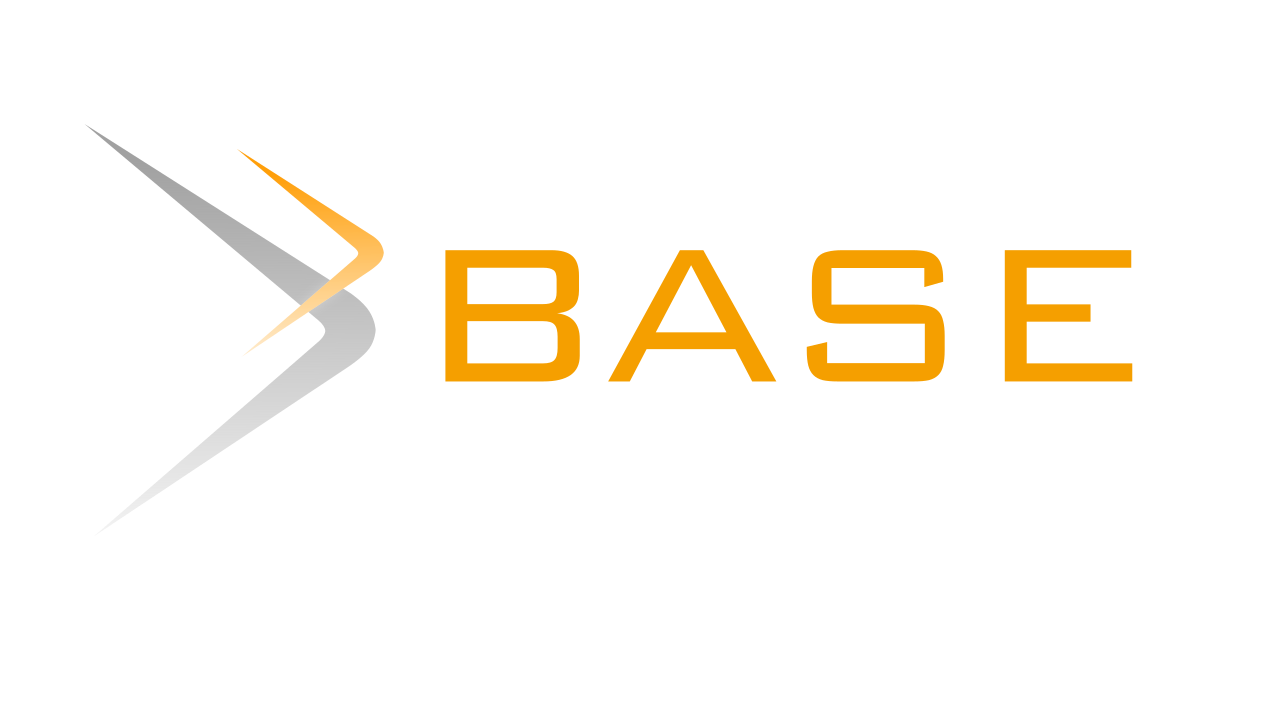Amil Zakat Institute Compliance as A Form of Accountability from Accounting Aspects (Study in Madiun City)
DOI:
https://doi.org/10.32486/aksi.v5i1.39Abstract
This study aims to determine the compliance of amil zakat institutions in financial management (accountability) and legal status. The research method uses descriptive qualitative analysis with multiple case study models of amil zakat institutions which have zakat distribution in Madiun City. Case studies include: BAZNAS, Infaq Management Institute (LMI), Muhammadiyah Alms Alms Zakat Institution (LAZISMU), Yatim Mandiri, Amil Zakat Institute Alms Alms Nahdatul Ulama (LAZISNU), and Baitul Maal Hidayatullah in Madiun City. There are 6 key informants and 5 supporting informants. The results of this study indicate that not all institutions carry out the process of preparing a standard financial report, which refers to PSAK 109, namely zakat, infaq, and alms accounting. The educational background of the management and the policies of each institution in the preparation of financial statements results in the incompatibility of financial statements that are made with generally accepted accounting standards.
Downloads
Published
How to Cite
Issue
Section
License

This work is licensed under a Creative Commons Attribution-ShareAlike 4.0 International License.













